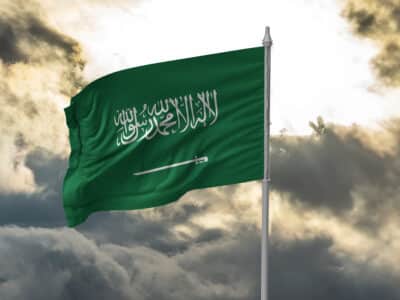Economic growth in Saudi Arabia is forecast to be above four percent this year and in 2015, according to the International Monetary Fund (IMF).
The IMF also said the outlook for the Gulf kingdom remains favourable, led by government spending and robust private sector activity while inflation is likely to remain subdued.
However, it warned that government spending would soon need to be curbed as budget surpluses continue to shrink, with the risk of a deficit materialising in the next few years.
The comments follow a visit by an IMF team to the kingdom this month, led by Tim Callen, IMF mission chief to Saudi Arabia.
A statement said: “Saudi Arabia continues to play a systemic role in stabilising the global oil market, which contributes positively to the global economy.
“Regionally, Saudi Arabia is a generous provider of financial assistance to other countries, while remittances sent home by expatriates working in the country are an important source of income for many countries.
“The government is undertaking an ambitious economic reform and investment program to further develop and diversify the economy and create jobs, and important progress is being made. The program is focused on further developing infrastructure, improving the business environment, increasing the quality of education and skills, and employing more Saudi nationals in the private sector.”
The IMF said it expects the country’s fiscal surplus to decline further in 2014 as government spending increases, and the budget may move into deficit in the next few years.
“It is therefore important to slow the growth of government spending. The substantial fiscal buffers that the government has accumulated over the past decade already provide important protection to the economy in the event of a negative shock such as a fall in oil prices, and should be maintained,” the IMF statement said.
In December, a senior International Monetary Fund official said Saudi Arabia needs to strengthen its private sector to satisfy demand for jobs by its young population and reduce its dependence on oil exports.
The world’s top oil exporter has long seen unemployment among young people as its biggest challenge in coming decades, but it has struggled to turn private-sector growth into jobs for Saudis.
Min Zhu, deputy managing director of the IMF, also said the Saudis faced a challenge in reducing dependence on the main energy markets, such as China.







